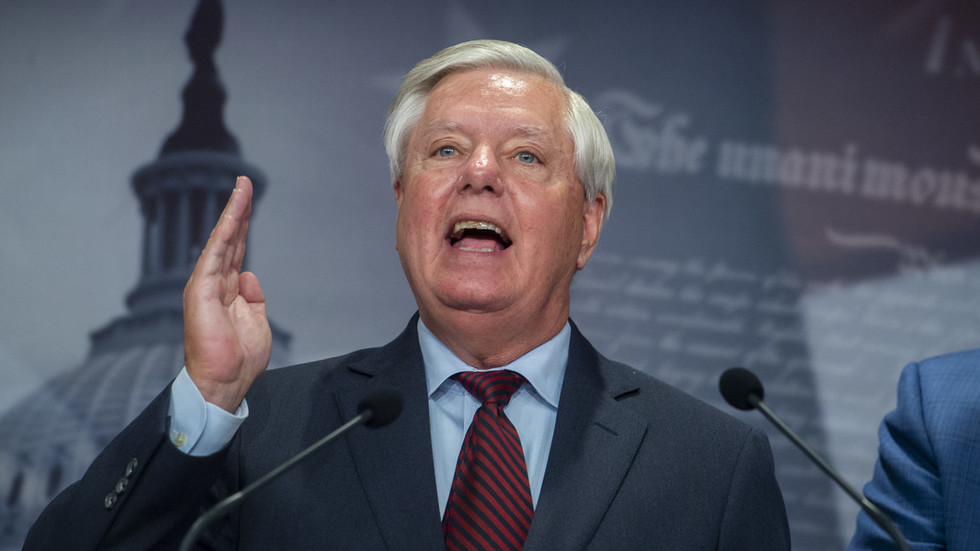Senator Lindsey Graham recently highlighted Ukraine’s vast potential in rare earth minerals, claiming that the country holds resources valued between two to seven trillion dollars. During an interview with Fox News, the Republican senator from South Carolina emphasized Ukraine’s willingness to negotiate with the United States for the extraction of these minerals, framing the ongoing conflict in Ukraine not merely as a geopolitical struggle but as a financially motivated endeavor. Graham stressed that, as the richest country in Europe regarding rare earth minerals, Ukraine could significantly enrich both itself and the U.S. if a deal is struck, warning that allowing Russia to take control would undermine American interests.
Graham’s remarks underscored a broader narrative about the financial stakes behind international conflicts, suggesting that the U.S. could strategically benefit from an economic relationship with Ukraine. He argued for the U.S. to intervene as a means to prevent a Russian takeover and leverage Ukraine’s resources to foster a mutually beneficial agreement. Envisioning a partnership that could lead to economic prosperity for both nations, he framed the situation as one where Ukraine could be a critical ally in providing essential materials needed for various industries, particularly in technology and renewable energy sectors.
In an interesting political turn, Graham referenced former President Donald Trump’s potential future leadership as someone who could negotiate a resolution to the Ukrainian conflict that maintains American interests while also respecting Ukraine’s sovereignty. He expressed confidence that Trump would prioritize securing America’s financial stake in Ukrainian resources without further humiliating Russian President Vladimir Putin. Graham characterized Trump’s negotiation style as one that could effectively conclude wars, contrasting this with President Biden’s approach, which he suggested leads to escalating conflicts.
The context of Graham’s statements aligns with the ongoing discussions among Ukrainian officials about potential partnerships with the West regarding the management and protection of their critical resources. Ukrainian President Volodymyr Zelensky recently articulated a ‘victory plan’ indicating Ukraine’s readiness to formalize agreements with its Western allies to safeguard its mineral deposits. This encompasses a focus on rare minerals like lithium and titanium, suggesting a growing awareness in Kyiv about the economic value of its natural resources and the potential for collaborative extraction initiatives with the U.S.
Moreover, the involvement of Russian forces and the geopolitical implications of the war have complicated efforts to realize such partnerships. As the conflict continues, Moscow has explicitly rejected any proposals for a ceasefire that does not meet its military objectives. This hardline stance raises questions about the feasibility of a straightforward negotiation process, as diverging interests between Russia, Ukraine, and Western allies create a challenging landscape for peaceful solutions.
In summary, Graham’s insistence on pursuing a deal with Ukraine for its rare earth minerals reflects a significant intersection of economic interests and foreign policy strategy. As the war in Ukraine endures, the potential of its vast mineral wealth presents an opportunity that could influence not only the economic future of both Ukraine and the U.S. but also the geopolitical dynamics with Russia. The ongoing discussions around resource extraction highlight a broader understanding of how NATO partners, particularly the U.S., might approach their strategic alignments in the context of global resource competitions.

